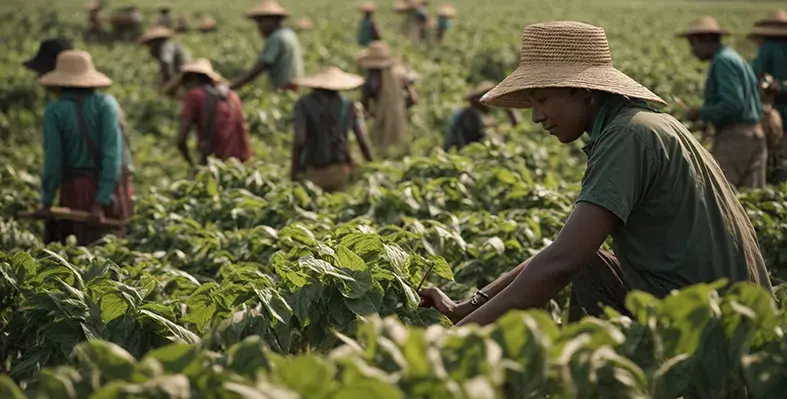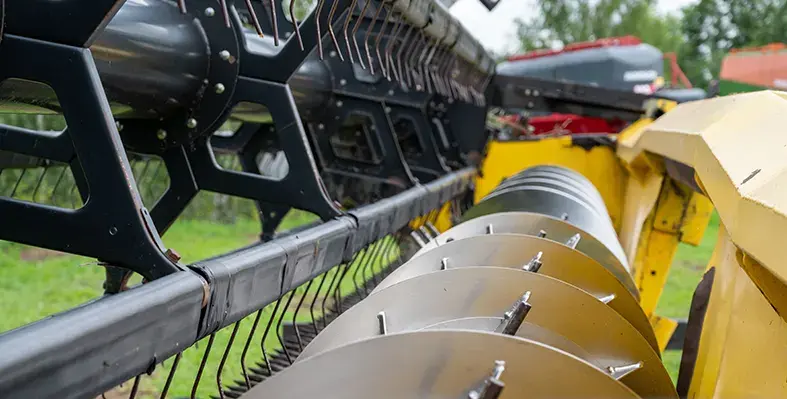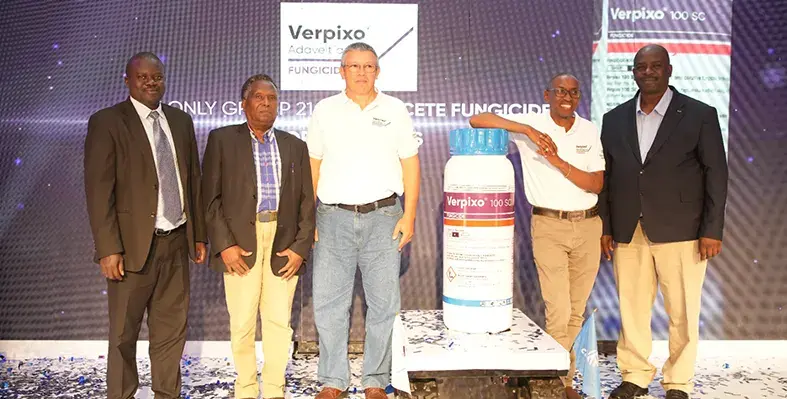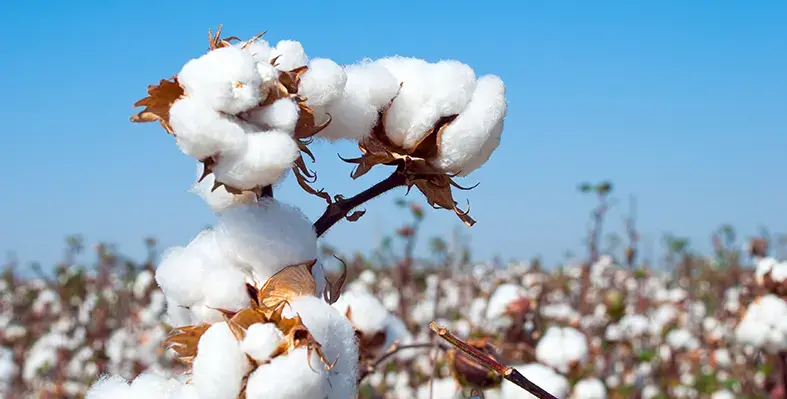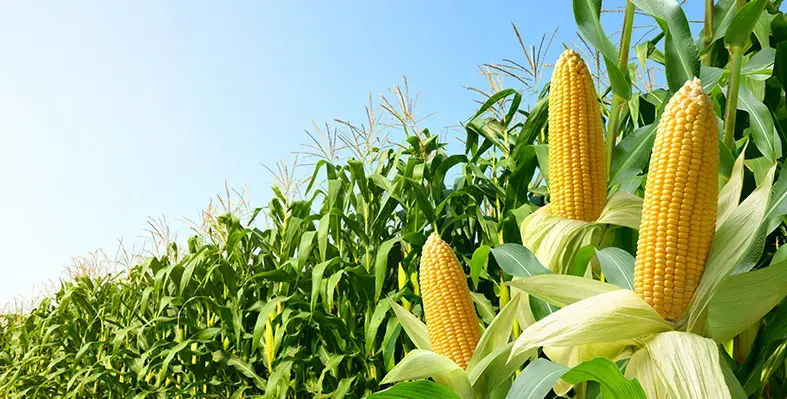Liberia’s Ministry of Agriculture has officially launched a major farm-to-market road rehabilitation initiative in Bong County, marking a significant step towards strengthening agricultural value chains and improving rural livelihoods.
Implemented through the Tree Crops Extension Project Phase II (TCEP-II), the project will see the construction and rehabilitation of 59 kilometres of critical feeder roads designed to improve market access for farmers across the county.
The road works have been divided into seven lots covering key farming communities and some of Bong County’s most productive agricultural zones. Once completed, the improved road network will provide farmers with more reliable links to markets, processing centres, and storage facilities, helping to unlock the county’s full agricultural potential.
Improved farm-to-market connectivity is expected to reduce transportation costs, cut post-harvest losses, and boost incomes for farmers, traders, and agribusiness operators. The initiative also supports broader national goals around food security, rural development, and sustainable agricultural growth.
The project was officially launched by Agriculture Minister J. Alexander Nuetah, who described the road works as a direct investment in food production and community resilience. “We are fixing these roads because of agriculture. I therefore urge the people of Bong County to redouble their efforts in producing their own food so they can improve their livelihoods,” Nuetah said.
The Minister also issued a strong warning to contractors, stressing that all work must be delivered within the agreed timelines, with no extensions permitted. He further highlighted the importance of local job creation, urging contractors to prioritise employment opportunities for communities along the road corridors.
Beyond the 59 kilometres already launched, an additional 28 kilometres of farm-to-market roads in Bong County are currently under procurement, further expanding access for rural farming communities. Combined with ongoing works in Lofa County, the total length of feeder roads being rehabilitated under TCEP-II now stands at 340 kilometres.
Funded by the International Fund for Agricultural Development (IFAD), the road works are expected to be completed within ten months. Once finished, the upgraded infrastructure will provide all-weather access to farms, helping to transform Bong and Lofa counties into resilient agricultural production hubs and reinforcing Liberia’s long-term food systems.




